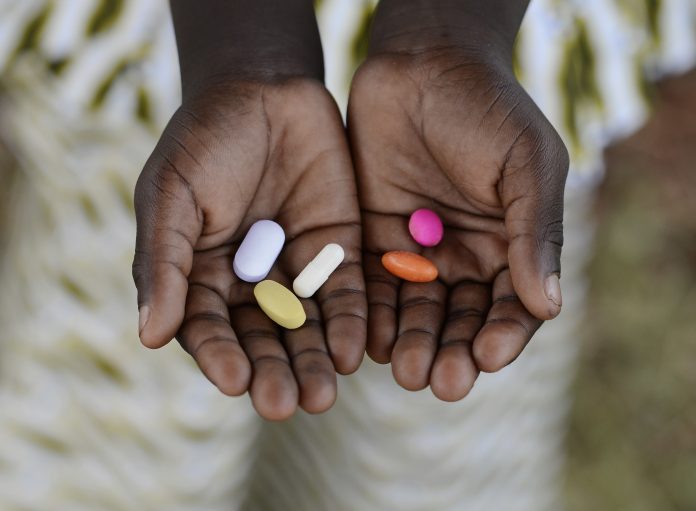A combination of the world’s first malaria vaccine RTS,S/AS01E and antimalarial drugs reduce child hospitalisations and death by 70%
According to the results of a randomised trial, the combination of seasonal administration of antimalarials and vaccination reduced child hospitalisations and deaths from malaria by approximately 70%.
The trial followed nearly 6,000 children aged 5-17 months in Burkina Faso and Mali who were split into three groups:
- One group received the RTS,S/AS01E vaccine alone
- Another group received seasonal malaria chemoprevention (SMC) alone
- The third group received a combination of vaccine and SMC.
After three years, episodes of clinical malaria, hospital admissions with WHO-defined severe malaria and deaths from malaria were reduced by 62.8%, 70.5% and 72.9% in the combination group.
This compares to the SMC alone group. Similarly, these outcomes were reduced by 59.6%, 70.6%, and 75.3% in the combination group compared to the vaccine alone group.
70% efficacy
Three doses of RTS,S/AS01E vaccine provided about 50% protection over a one-year period, however, in the months immediately after vaccination, efficacy was about 70%.
The trial was coordinated by the London School of Hygiene and Tropical Medicine (LSHTM) with partners:
- Institut de Recherche en Sciences de la Santé, Burkina Faso
- Malaria Research and Training Centre, Mali
- University of Science, Technology and Techniques of Bamako, Mali.
And was funded by the UK Joint Global Health Trials, a collaboration between:
- Medical Research Council (MRC)
- Department of Health and Social Care
- Foreign, Commonwealth and Development Office
- Global Challenges Research Fund
- Wellcome Trust.
No side effects
Professor Daniel Chandramohan from LSHTM and member of the research team, said:
“The results of the trial were much more successful than we had anticipated.
“Our work has shown a combination approach using a malaria vaccine seasonally, similar to how countries use influenza vaccine, has the potential to save millions of young lives in the African Sahel.
“Importantly, we didn’t observe any new concerning pattern of side effects.
“Further research is now needed to examine how seasonal malaria vaccination could be delivered most effectively at scale.”
Dr Pedro Alonso, Director of the WHO Global Malaria Programme, said:
“We welcome this innovative use of a malaria vaccine to prevent disease and death in highly seasonal areas in Africa.
“RTS,S is the first malaria vaccine that has already reached more than 740 000 children through routine childhood vaccination in Ghana, Kenya and Malawi in a landmark pilot implementation, through which more than 2.1 million malaria vaccine doses have been delivered.
“The level of vaccine uptake by families over a relatively short period shows strong community demand for the vaccine and the capacity of childhood vaccination programmes to deliver it.”








